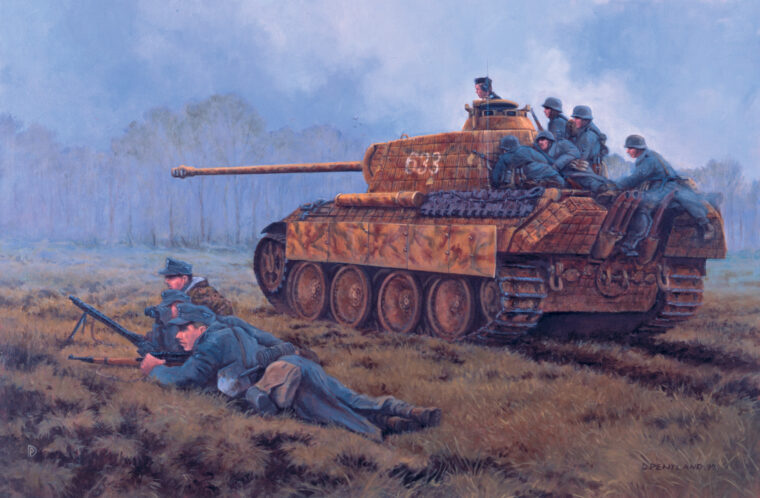
Austria
Waffen SS General Felix Steiner’s WWII Legacy
By Pat McTaggart“Where is Steiner?” Adolf Hitler demanded as his Thousand Year Reich crumbled around him in April 1945. “Is he attacking yet?” Read more

Austria
“Where is Steiner?” Adolf Hitler demanded as his Thousand Year Reich crumbled around him in April 1945. “Is he attacking yet?” Read more
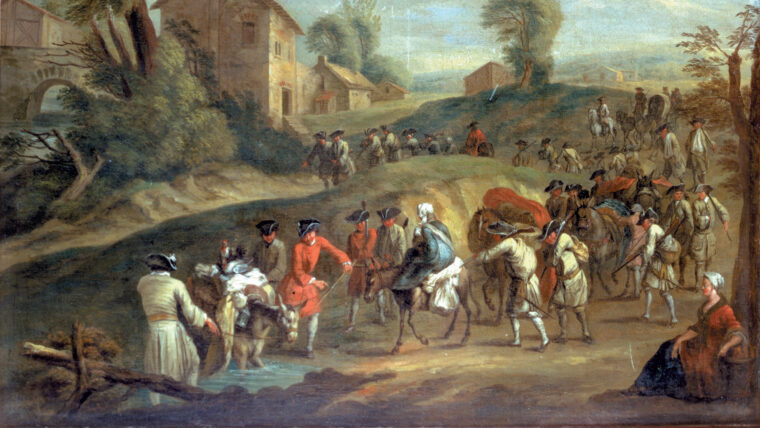
Austria
The War of Spanish Succession, fought between 1701 and 1711, witnessed the emergence of some of Europe’s greatest military commanders. Read more
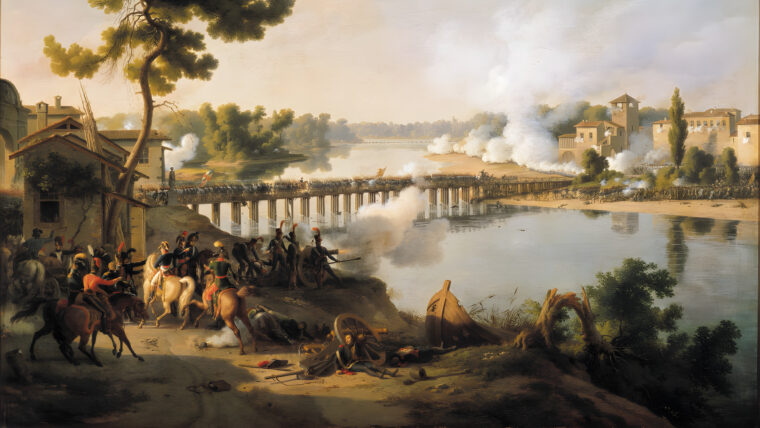
Austria
The newly appointed 26-year-old commander-in-chief of the French Army of Italy arrived at Nice headquarters on March 27, 1796. Read more
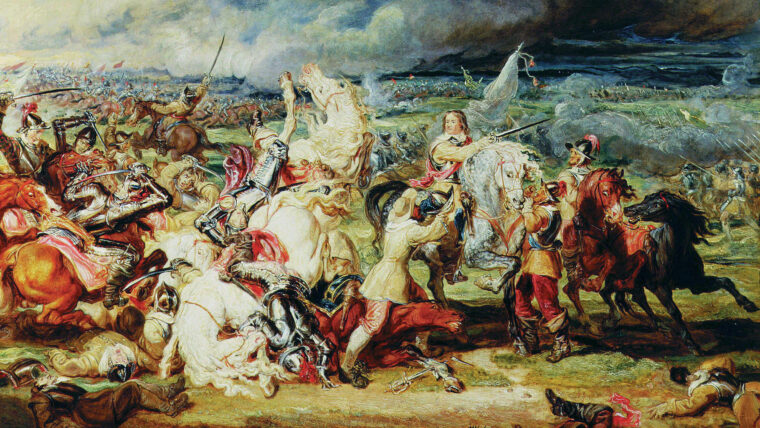
Austria
The election of the Protestant Frederick V, Elector of the Palatine, to the throne of Bohemia instead of the Catholic Hapsburg, Ferdinand of Austria, sparked what was to become the Thirty Years War. Read more
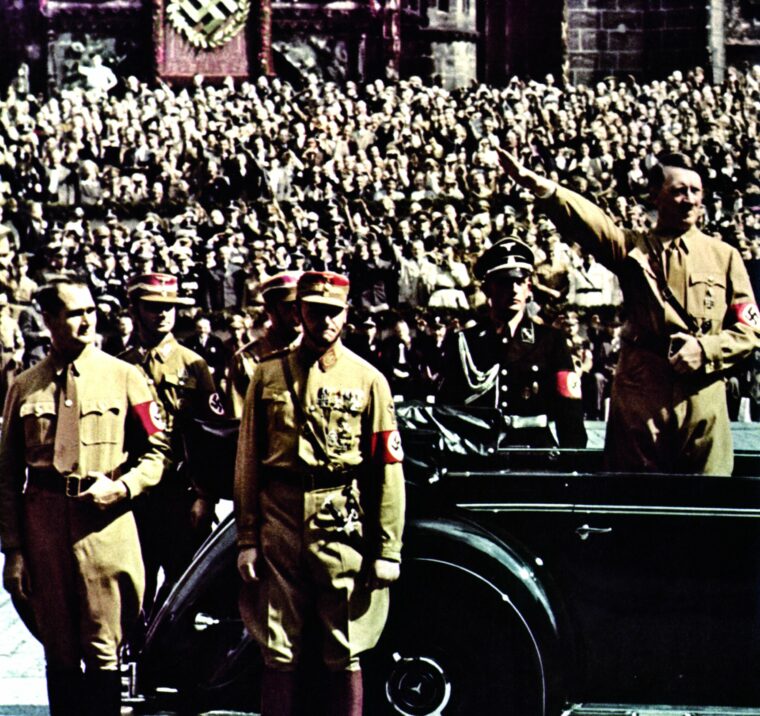
Austria
Throughout the reign of the Nazi Party in Germany during the 1930s and 1940s, Adolf Hitler’s inner circle comprised a diverse group of men from many walks of life. Read more
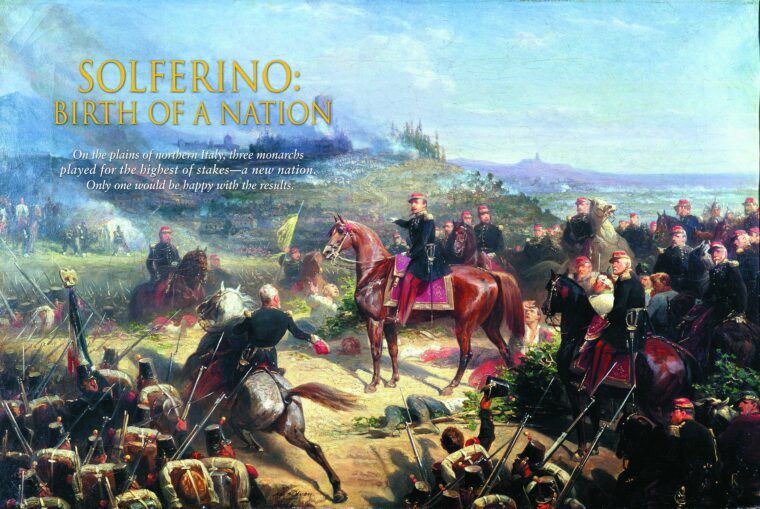
Austria
Long columns of blue-clad French troops marched east though the sun-baked plains of northern Italy in late June 1859. Read more

Austria
On October 20, 1740, Charles VI, Holy Roman Emperor and ruler of Austria, died, leaving his vast holdings and titles to his 23-year-old daughter, Maria Theresa. Read more

Austria
Coming upon the enemy’s rear guard outside the western Kentucky village of Sacramento, four days after Christmas 1861, Confederate Colonel Nathan Bedford Forrest ordered his cavalry to advance. Read more
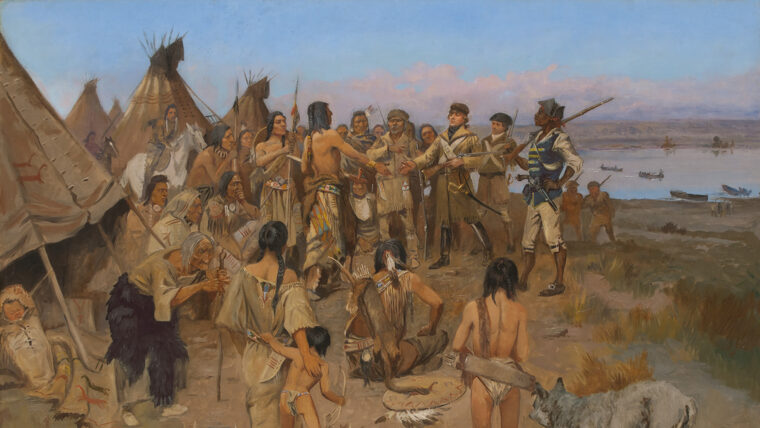
Austria
When one thinks of the guns that won the West, one naturally envisions such familiar weapons as the Winchester, Henry, and Spencer repeating rifles, the trapdoor Springfield, the Smith & Wesson revolver, and the Colt Peacemaker. Read more
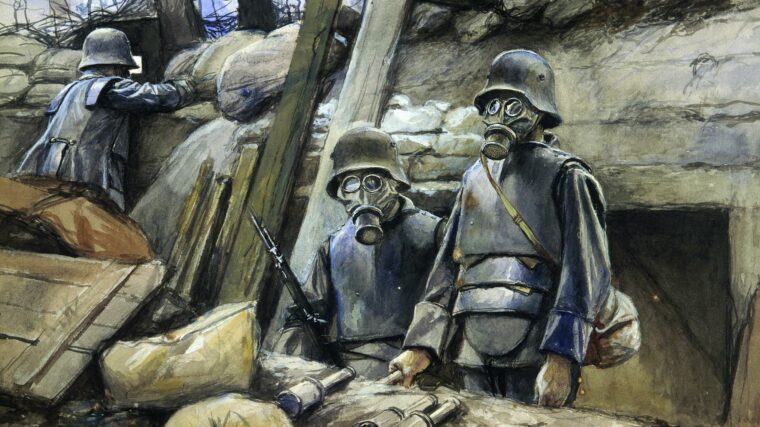
Austria
In the months before the outbreak of World War I, 25-year-old Adolf Hitler was living the starving artist’s life in the Bavarian city of Munich, selling his paintings door-to-door and in the city’s numerous beer halls. Read more
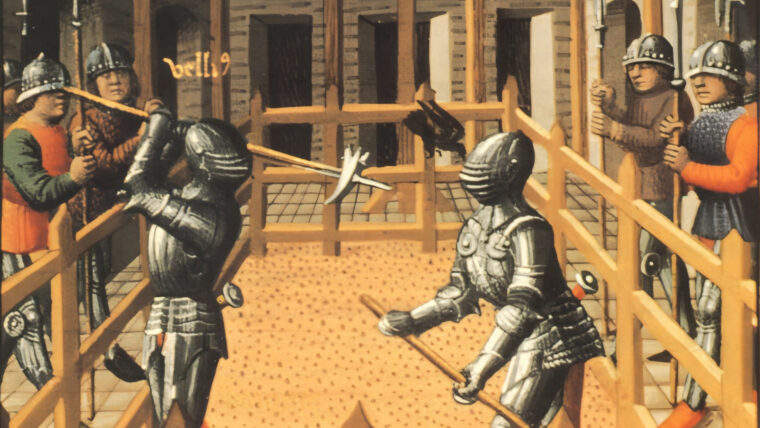
Austria
Not to be confused with Mjollnir, the mythical Norse god Thor’s fabled hammer, the real-life war hammer was a brutal and effective weapon. Read more
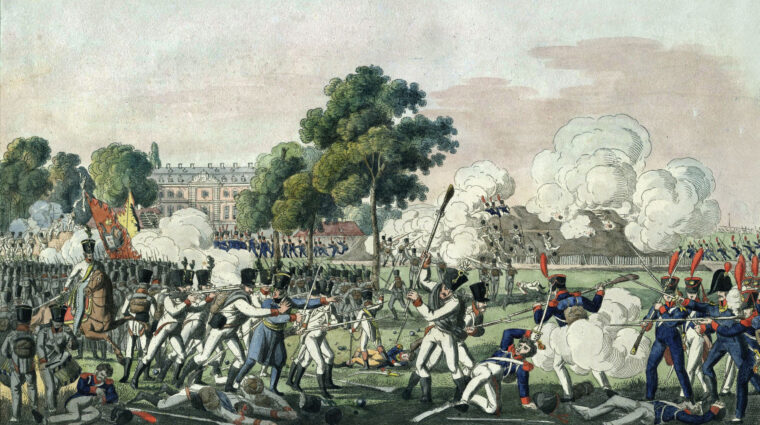
Austria
Marshal Gouvion Saint-Cyr was in a tight spot, and he knew it. It was the morning of August 26, 1813, and Saint-Cyr and his French XIV Corps were defending Dresden, the capital of Saxony, from a large and menacing Allied army that outnumbered his own by at least four to one. Read more
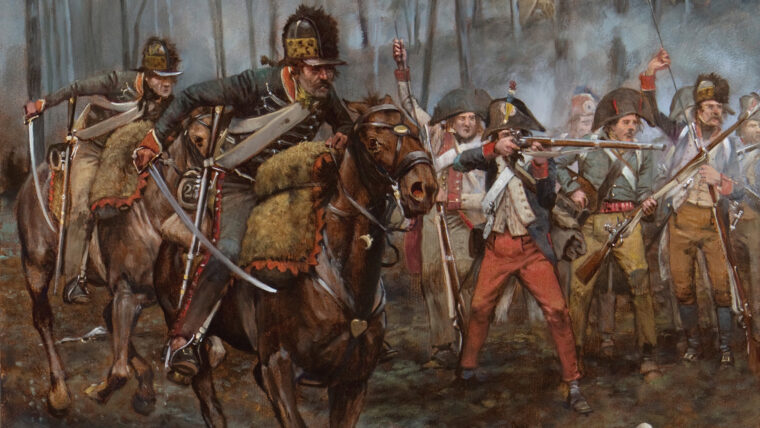
Austria
Barthélemy Schérer, commander of the French Army, gazed at the new military orders from Paris in disbelief. The grandoise strategy, detailing an advance on three fronts with the armies uniting in Tyrol for a concentrated thrust at Vienna, were far beyond the capabilities of the starving southern army he commanded along the French Riveria against the combined forces of Austria and Sardinia. Read more

Austria
They said it couldn’t be done. Doubters chided Henry Ford for declaring that his Willow Run Bomber Plant could turn out a B-24 Liberator heavy bomber every hour. Read more
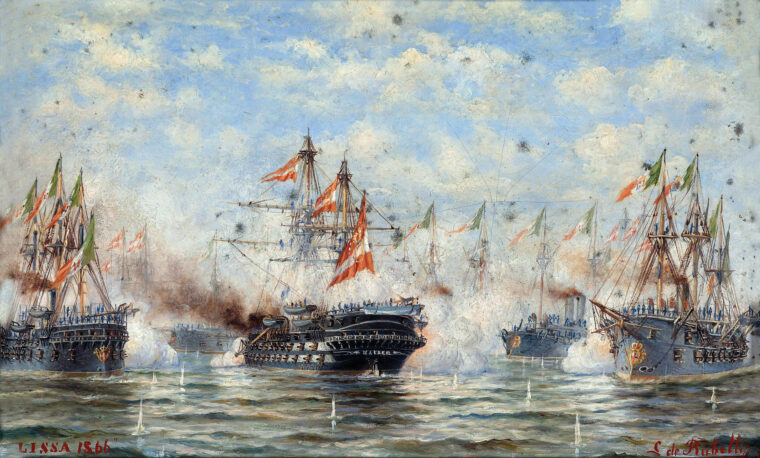
Austria
Narrrowly avoiding a fatal blow from the Italian ironclad ram Affondatore, Commodore Anton von Petz, commander of Austrian wooden-hulled ship of the line Kaiser, came under fire from the heavy rifled guns of another enemy ironclad, the Re di Portogallo, on July 20, 1866, near the Dalmatian island of Lissa in the Adriatic Sea. Read more
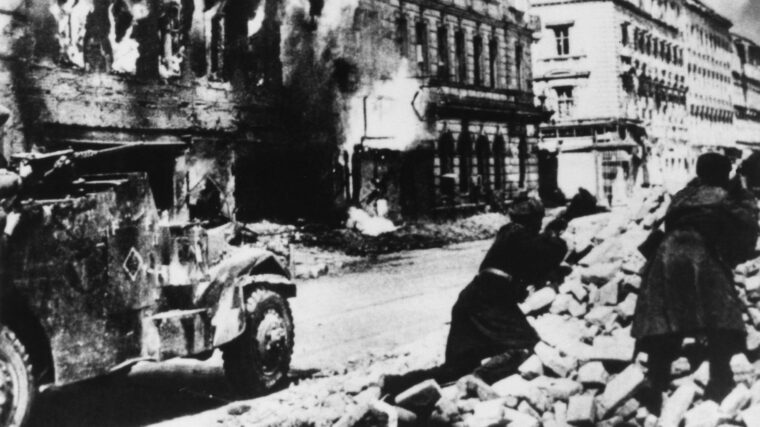
Austria
In mid-March 1945, the Joseph Stalin’s Soviet Red Army launched a major offensive with the aim of clearing Axis forces out of Hungary and forcing them back to the very borders of Hitler’s Greater German Reich. Read more
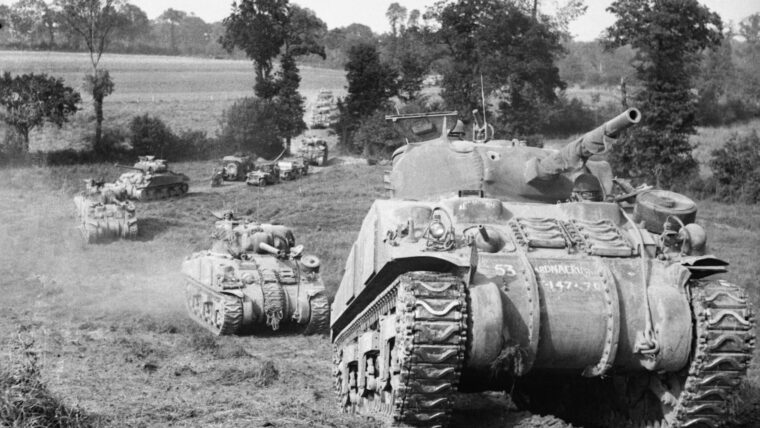
Austria
It was a letter in the London Times that caught the attention of British wartime Prime Minister Winston Churchill. Read more
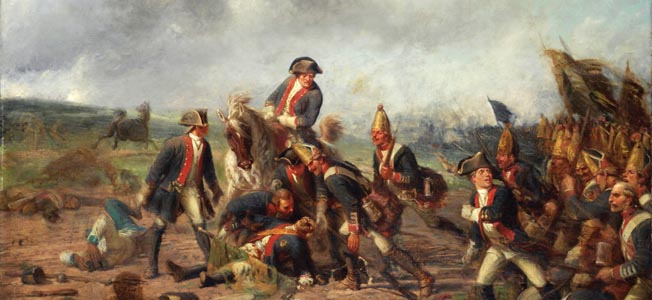
Austria
Frederick the Great’s prescription for warfare was simple. The Prussian monarch wanted “short and lively wars” that relied on swift, powerful, and decisive military operations. Read more
Austria
On the foggy morning of November 30, 1808, Napoleon Bonaparte, Emperor of France, watched impatiently as his Grande Armée lumbered up the rocky slopes of the Sierra de Guadarrama Mountains of central Spain. Read more
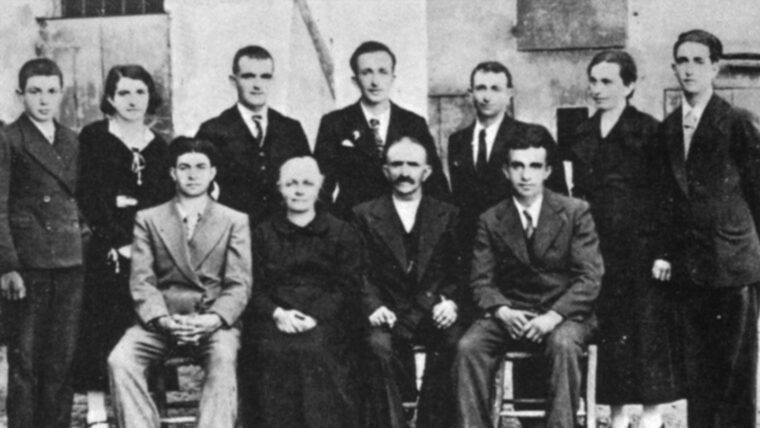
Austria
In March 1940, Benito Mussolini met with Adolf Hitler near the Brenner Pass on the border between Austria and Italy. Read more